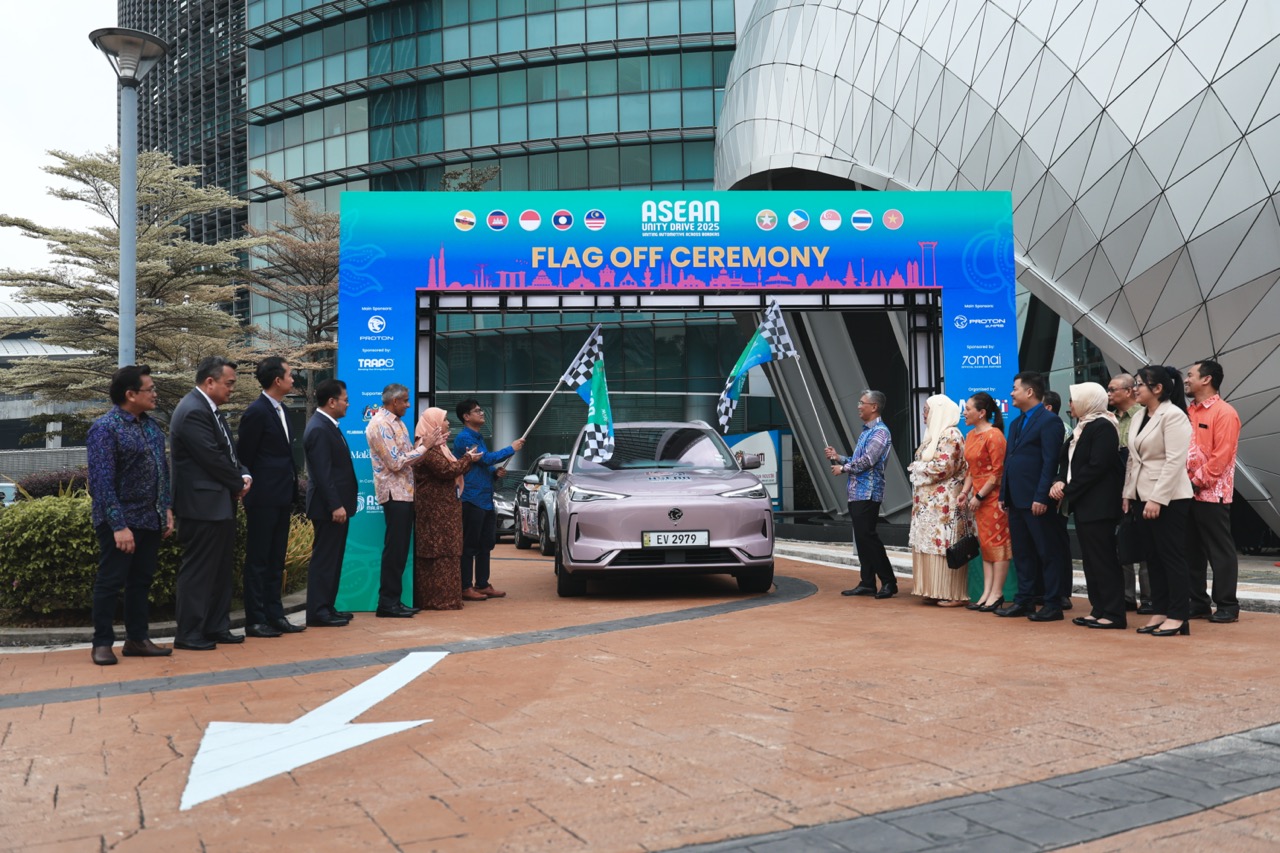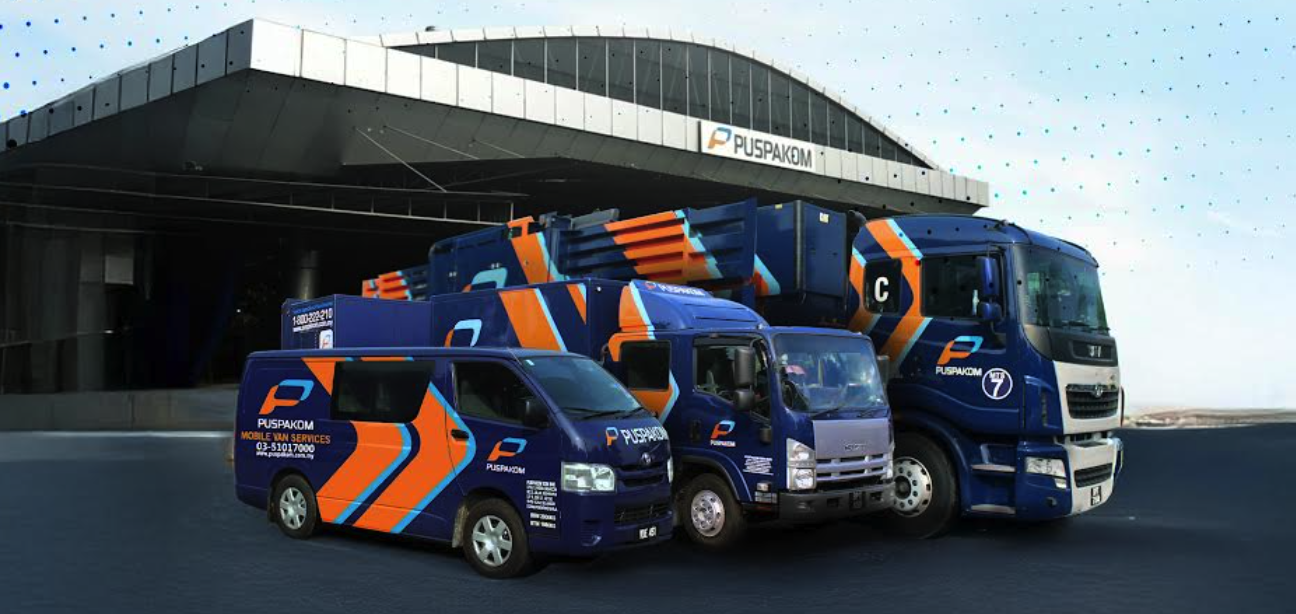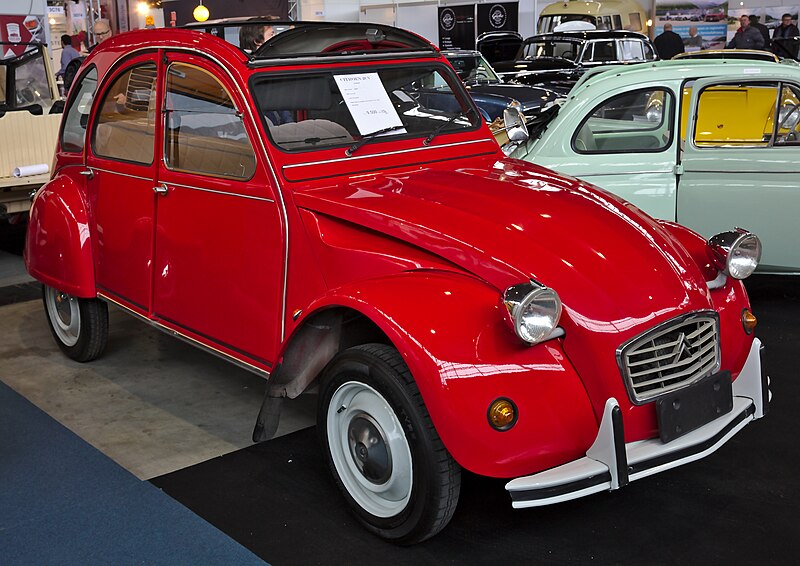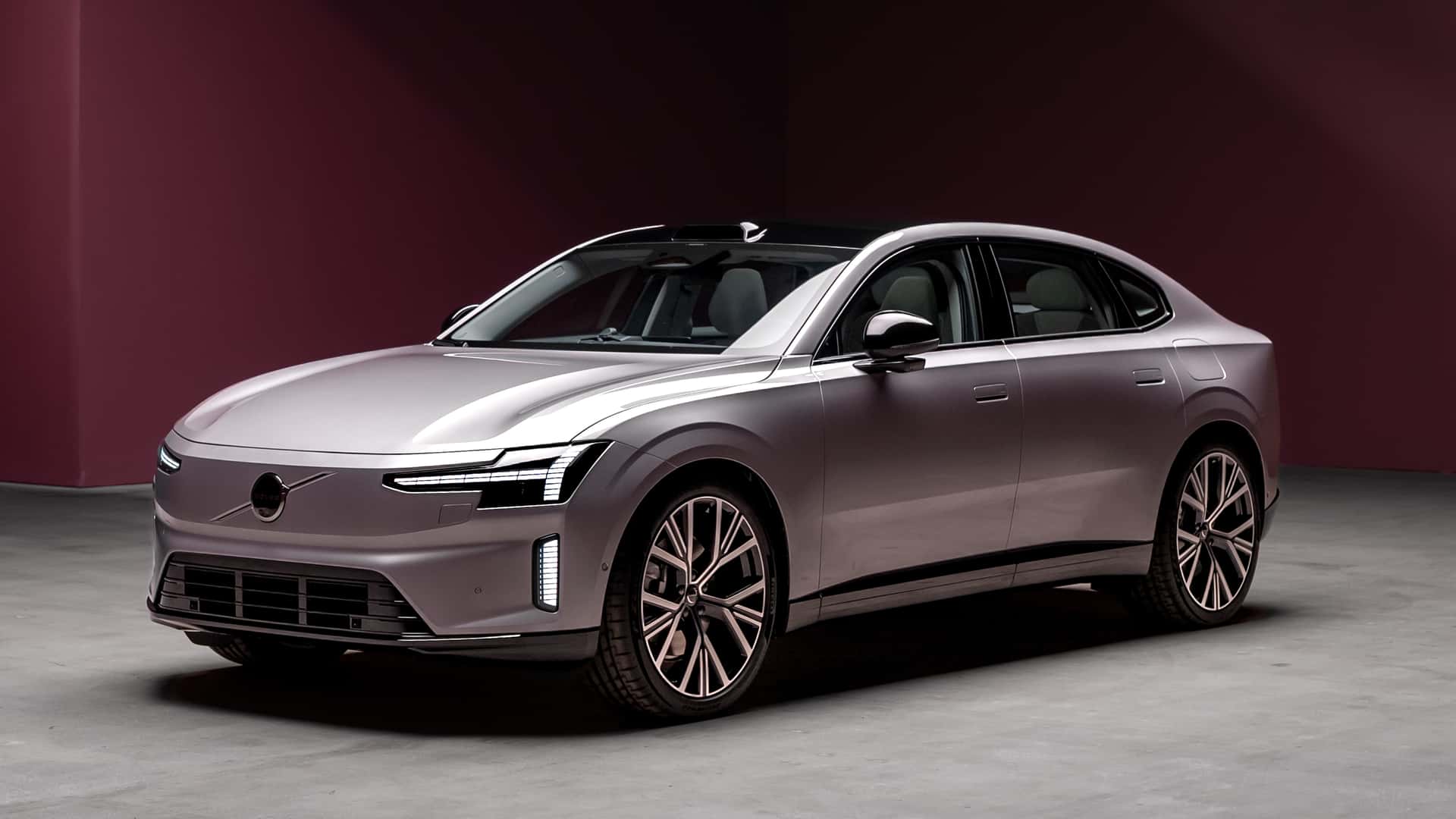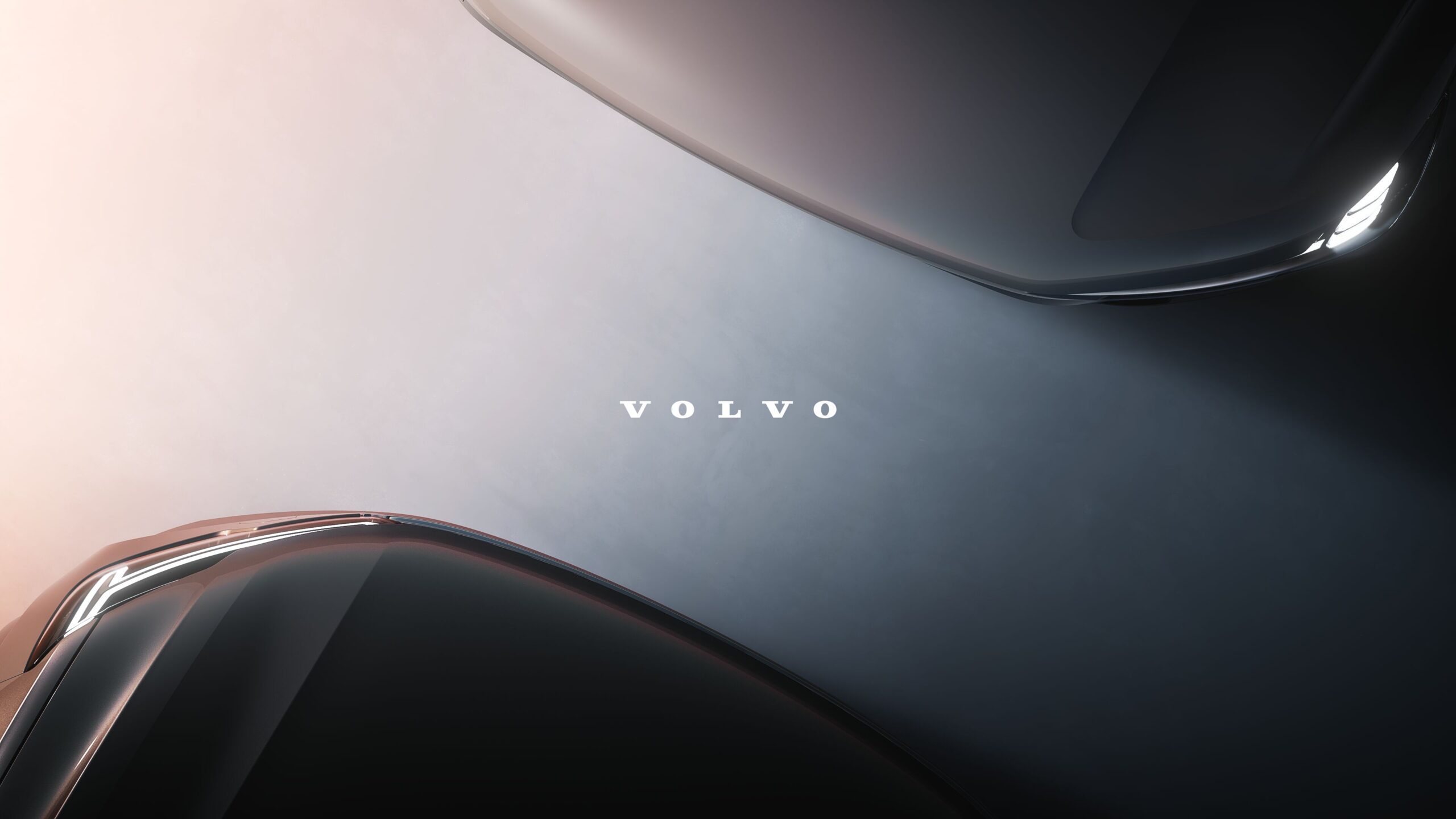In this article, we shed light on the nature of the fuel used in Formula 1 and how it differs from regular fuel. No matter what some brands may claim, the fuel used in Formula 1 cars is in no way similar to the ones used in Formula 1 cars.
The first and most obvious point is that F1 fuel is designed to give the race cars more power on the track, therefore, is very different from what’s used in regular road cars.
F1 cars use fuel which is specially designed for them so you cannot get it at a petrol station, no you can’t even get anything remotely close to F1 fuel. It has properties for race car engines to make sure that those engines work as efficiently as possible at a very high RPM or revs per minute that they operate.
Formula One fuel will fall under high octane premium road fuel with octane thresholds of 95 to 102. And since 1992, all Formula One cars must use unleaded racing gasoline fuel. And F1 Blends are tuned for maximum performance in all weather conditions or different circuits.
What happens if you put F1 fuel in your road car? Well, unfortunately, the car’s brain, the ECU, would have a complete meltdown and probably stop operating altogether.
The Difference Between Regular Fuel And F1 Fuel
A lot of the cleaning agents are removed in F1 fuel. In a road car, the fuel system has to be constantly cleaned. This is because a road car is going to do thousands of kilometres, whereas a Formula 1 car only has to complete one Grand Prix.
How much it would cost to fill a regular car with F1 fuel? If you were to fill your road car with Formula 1 fuel, it will probably cost you about €3500 (RM17,876)!
A formula one car uses about €454,868 (RM2,323,493) in petrol during an entire season (including practice runs) for their practice and racing sessions. That’s about 190,000 litres of fuel.
Formula 1 vehicles are among the fastest in the world, with speeds consistently exceeding 300 km/h. And, of course, they are expensive to construct. The cost is primarily determined by how much the team is willing to invest in its development and will vary greatly depending on the size and reputation of the team.
And this is just the fuel, we are not even talking about lubrication systems yet. That’s an entirely different world altogether.








